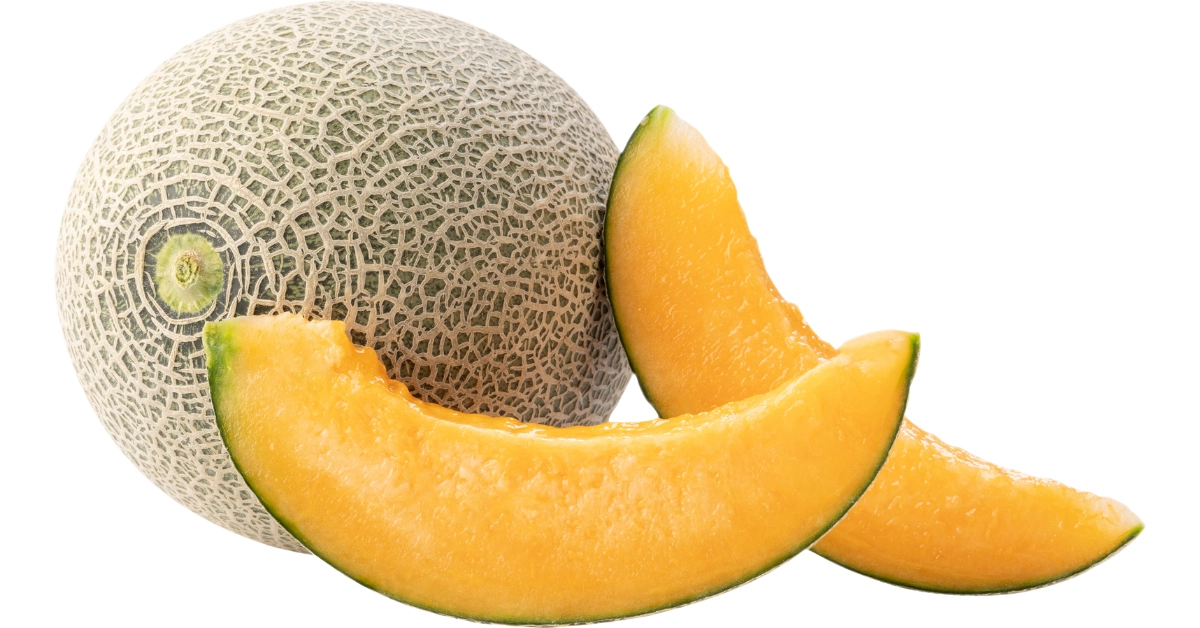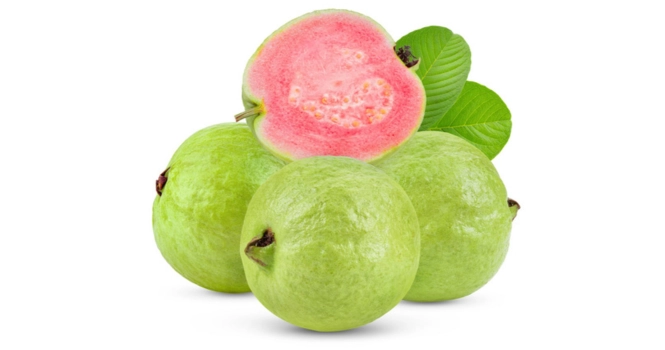People with diabetes must know more details about the food they are consuming, for better blood sugar control. In regard to fruits, Let’s see: Is Muskmelon good for Diabetics?
Glycemic Index and Glycemic Load of Muskmelon
| Nutrient | Value |
| Glycemic Index (GI) | Low to Medium (Approx. 65-70) |
| Glycemic Load (GL) | Low (Approx. 4-5 for a 120g serving) |
| Calories (kcal) | Approx. 34 per 100g |
Muskmelon (also known as cantaloupe) typically has a low to medium GI. The GI of muskmelon can vary, but it is generally in the range of 65-70.
However, because muskmelon is high in water content and relatively low in carbohydrates, its glycemic load is quite low. A typical serving size of muskmelon (about 120 grams) would have a GL of around 4-5.
So,
Is Muskmelon good for Diabetics?
Yes, muskmelon can be a good choice for people with diabetes in moderation due to its low Glycemic Load (GL), which indicates that it has a relatively minor impact on blood sugar levels. However, portion control is important, as consuming large quantities of any fruit can lead to increased blood sugar levels. It’s always best to include muskmelon as part of a balanced diet and monitor individual responses to different foods.
Nutritional information of muskmelon, per 100 grams of the fruit
| Nutrient | Amount | % Daily Value (DV)* |
| Calories | 34 kcal | 1.7% |
| Water | 90.15 g | – |
| Protein | 0.84 g | 1.7% |
| Total Fat | 0.19 g | 0.3% |
| Carbohydrates | 8.16 g | 3.1% |
| – Sugars | 7.86 g | – |
| Dietary Fiber | 0.9 g | 3.6% |
| Vitamin A | 169 μg | 18.8% |
| Vitamin C | 36.7 mg | 40.8% |
| Folate (Vitamin B9) | 21 μg | 5.3% |
| Vitamin K | 2.5 μg | 2.1% |
| Potassium | 267 mg | 5.7% |
| Calcium | 9 mg | 0.9% |
| Magnesium | 12 mg | 3% |
| Phosphorus | 15 mg | 2.1% |
*% Daily Values (DV) are based on a 2,000 calorie diet. Your daily values may be higher or lower depending on your calorie needs.
A study was conducted to check the scientific basis for wild musk melon (Cucumis melo var. agrestis) , which the people of Tamil Nadu have been using since ages.
The study concluded that the hydroalcoholic extract of CMA leaves possesses significant antihyperglycemic and antihyperlipidemic activities, along with a protective effect in STZ-NIC-induced type II diabetic rats.
These findings support the traditional use of CMA leaves in managing diabetes and provide a foundation for further research into isolating active compounds and developing herbal formulations for diabetes treatment.
Also there was a study which delved into the traditional use of muskmelon base, a remedy rooted in Chinese medicine, for alleviating abdominal bloating and constipation. The research highlighted the substance’s ability to enhance digestive movement, demonstrating its effectiveness as a laxative and in promoting bowel regularity.
Particularly notable was the muskmelon base’s capacity to expedite the transit of food through the intestines, with observed improvements in stomach emptying and intestinal activity across various dosages. This investigation underscores the muskmelon base’s potential as a low-dose, rapid-acting solution with a broad safety margin, primarily facilitating intestinal rather than stomach digestion.













